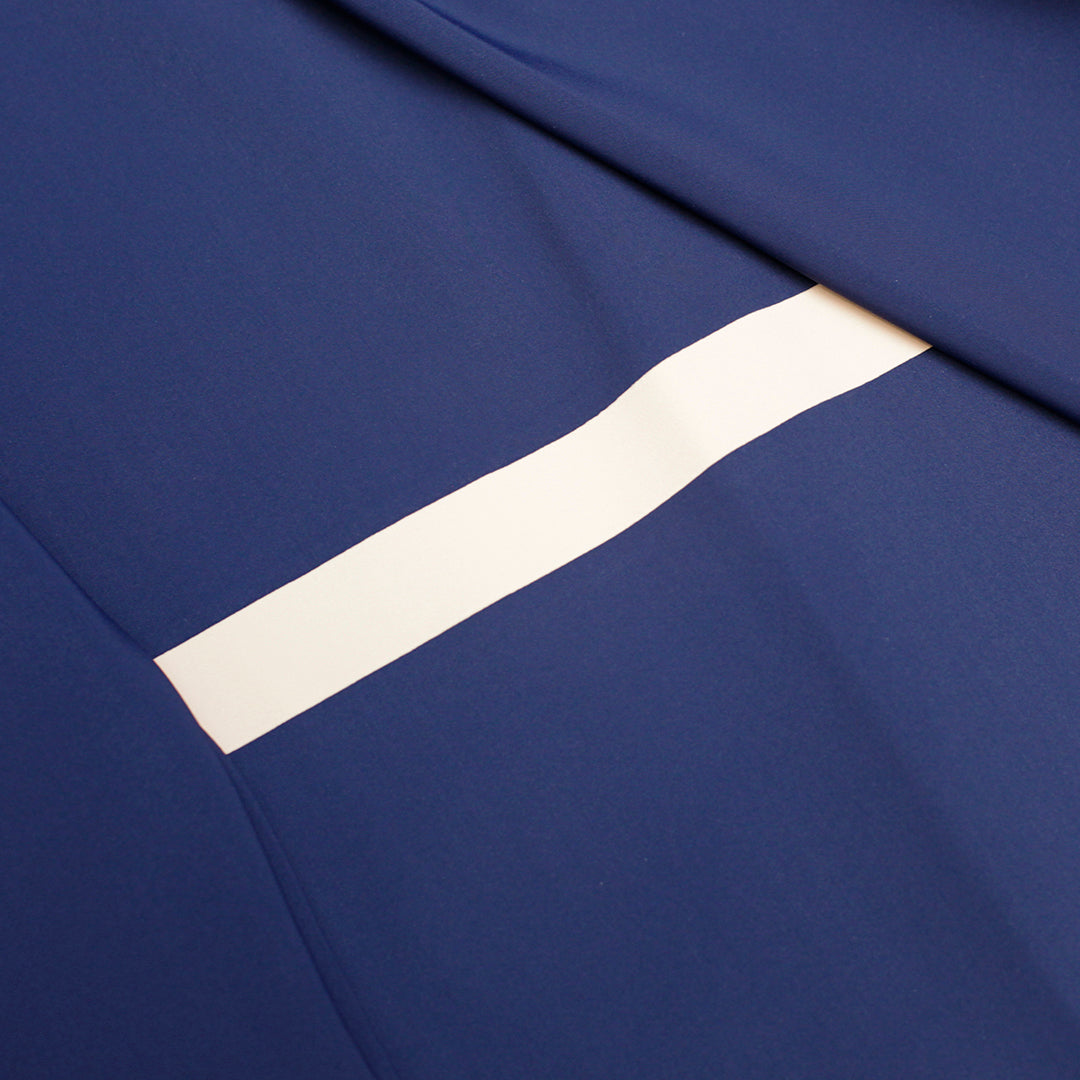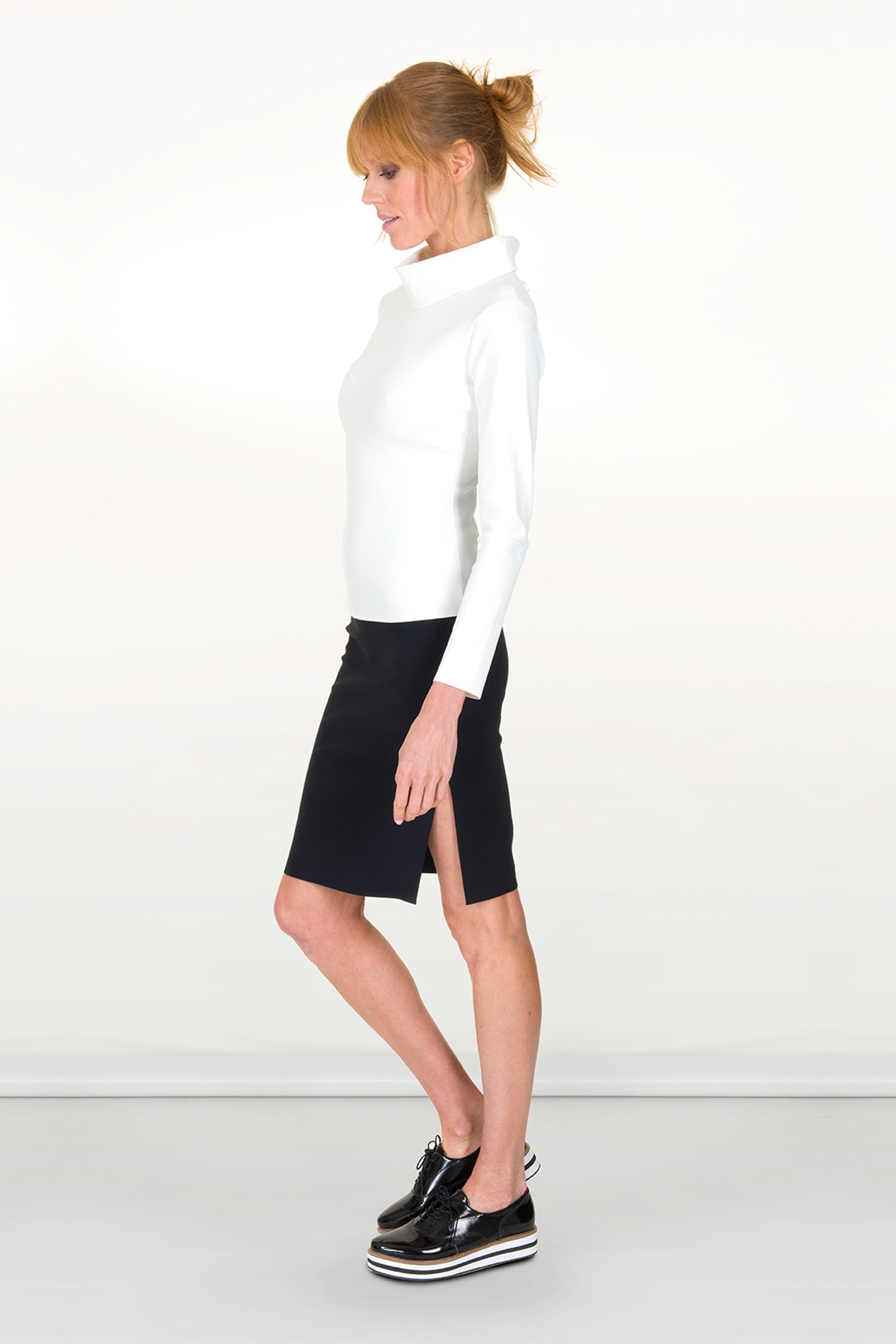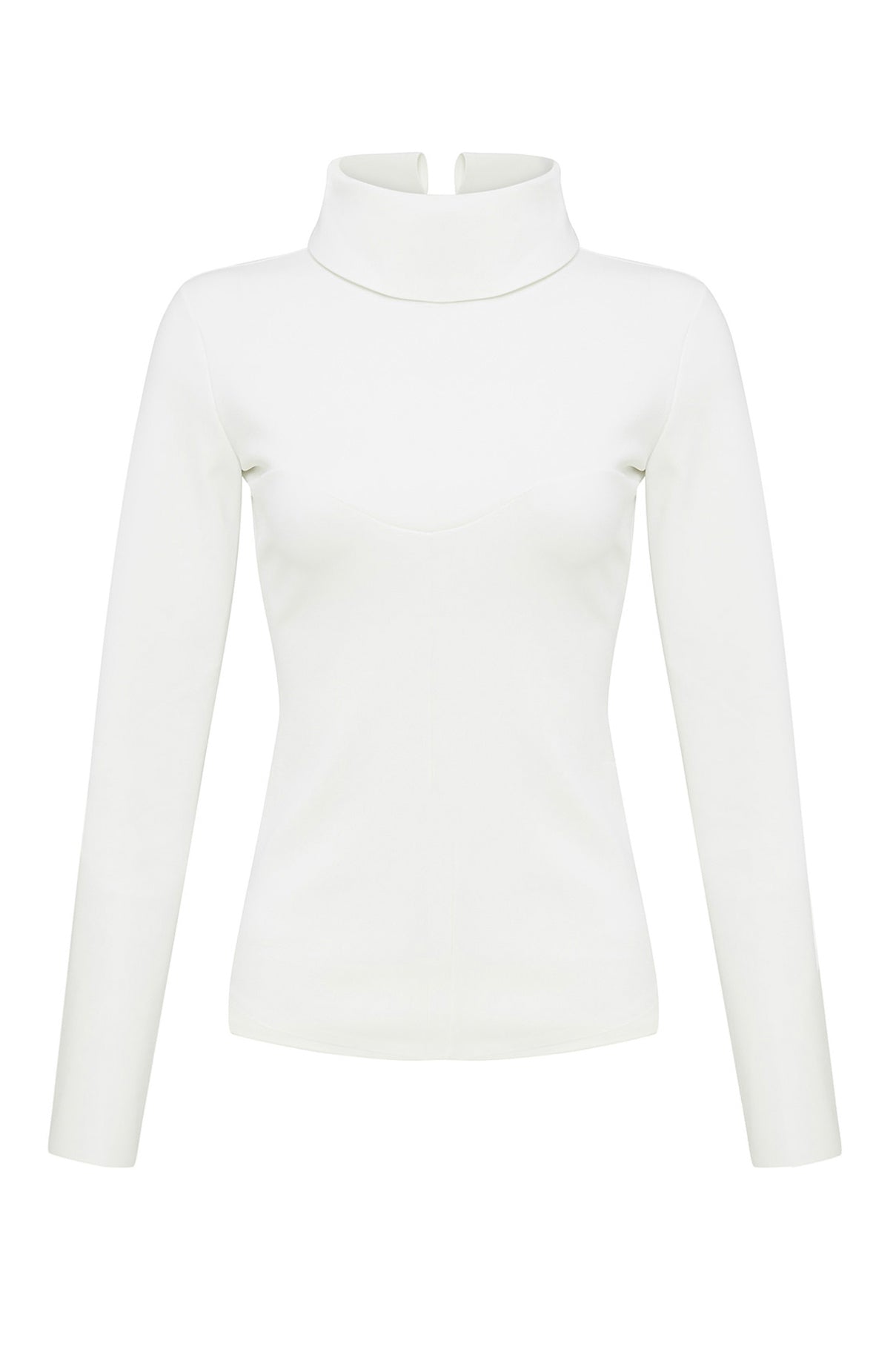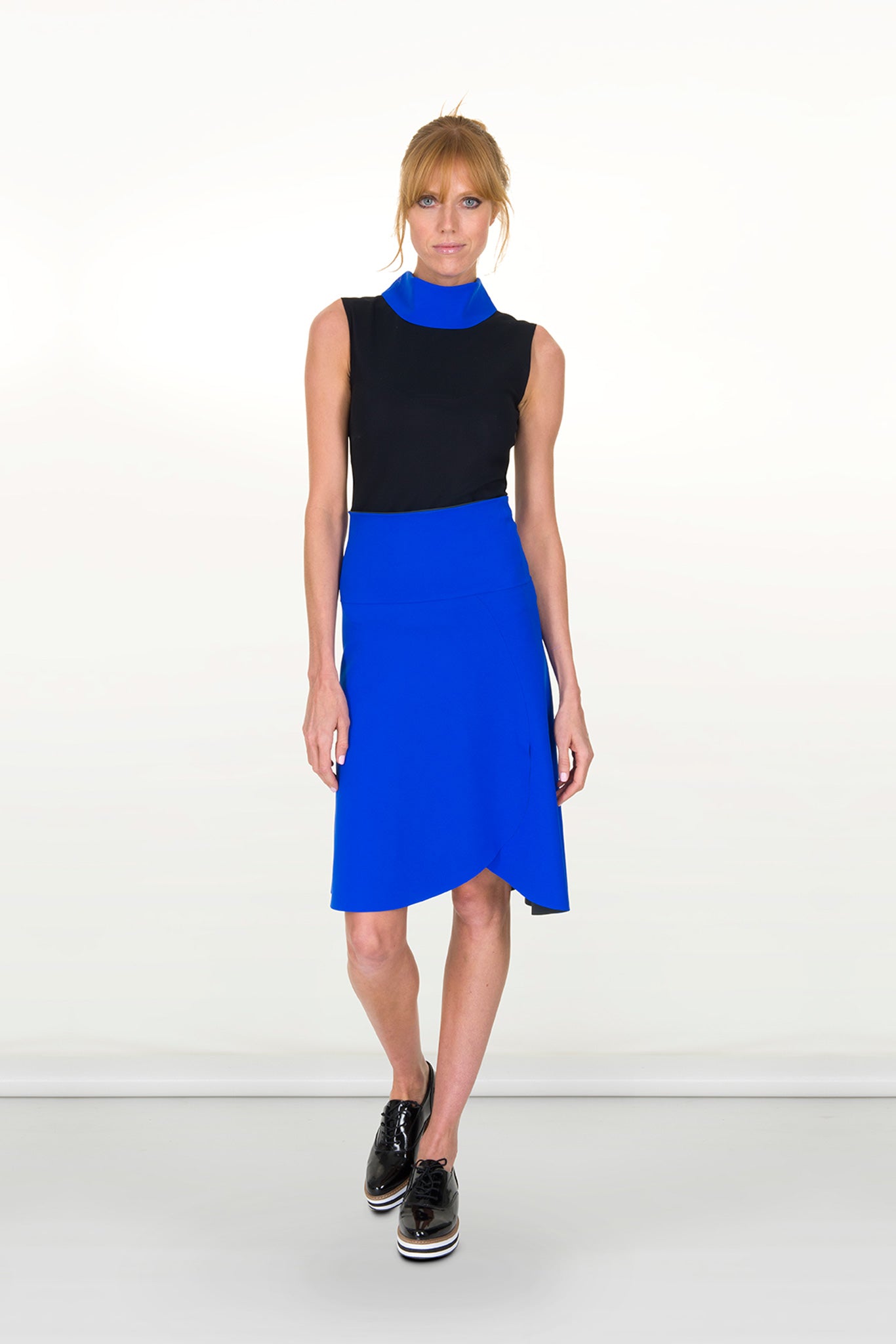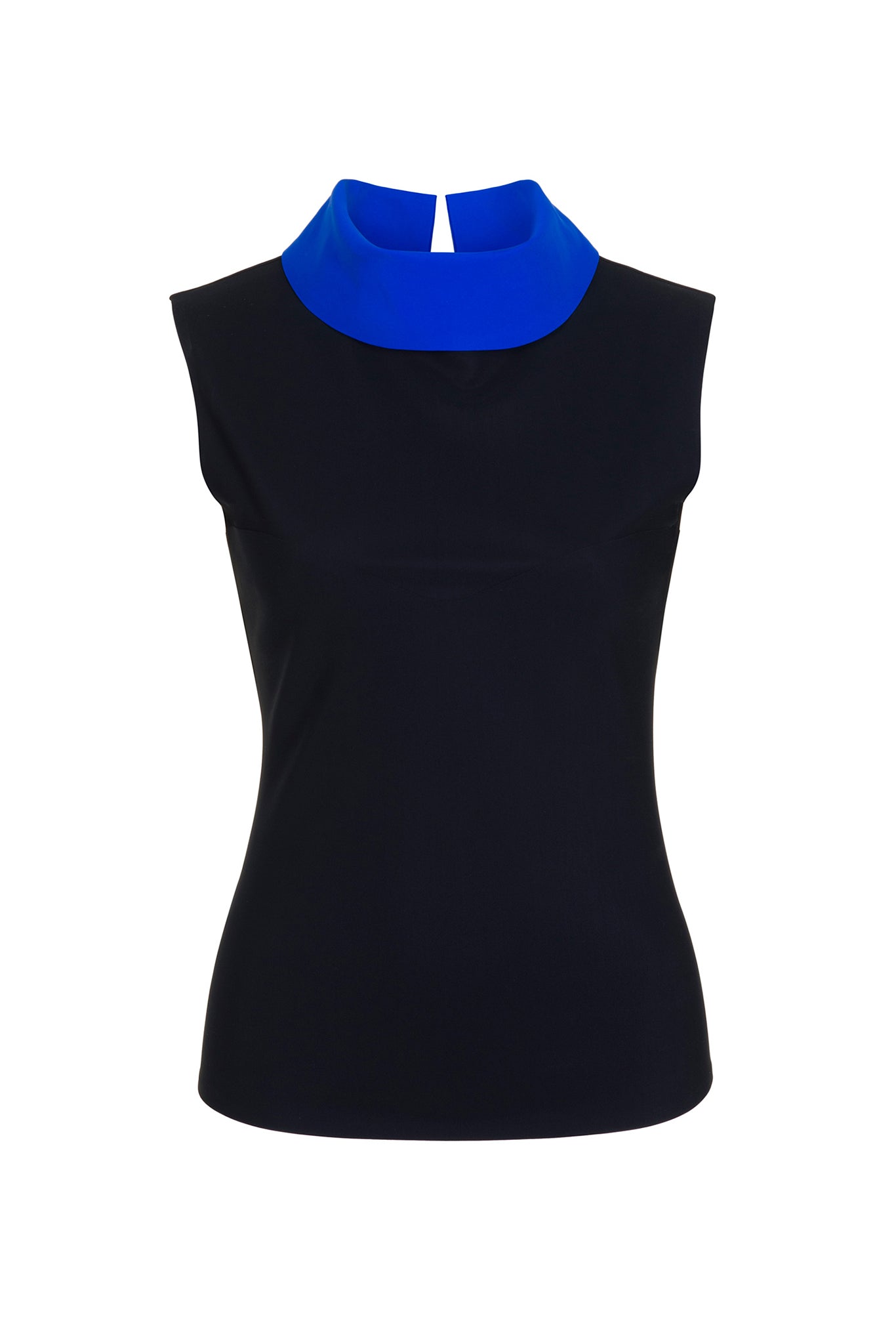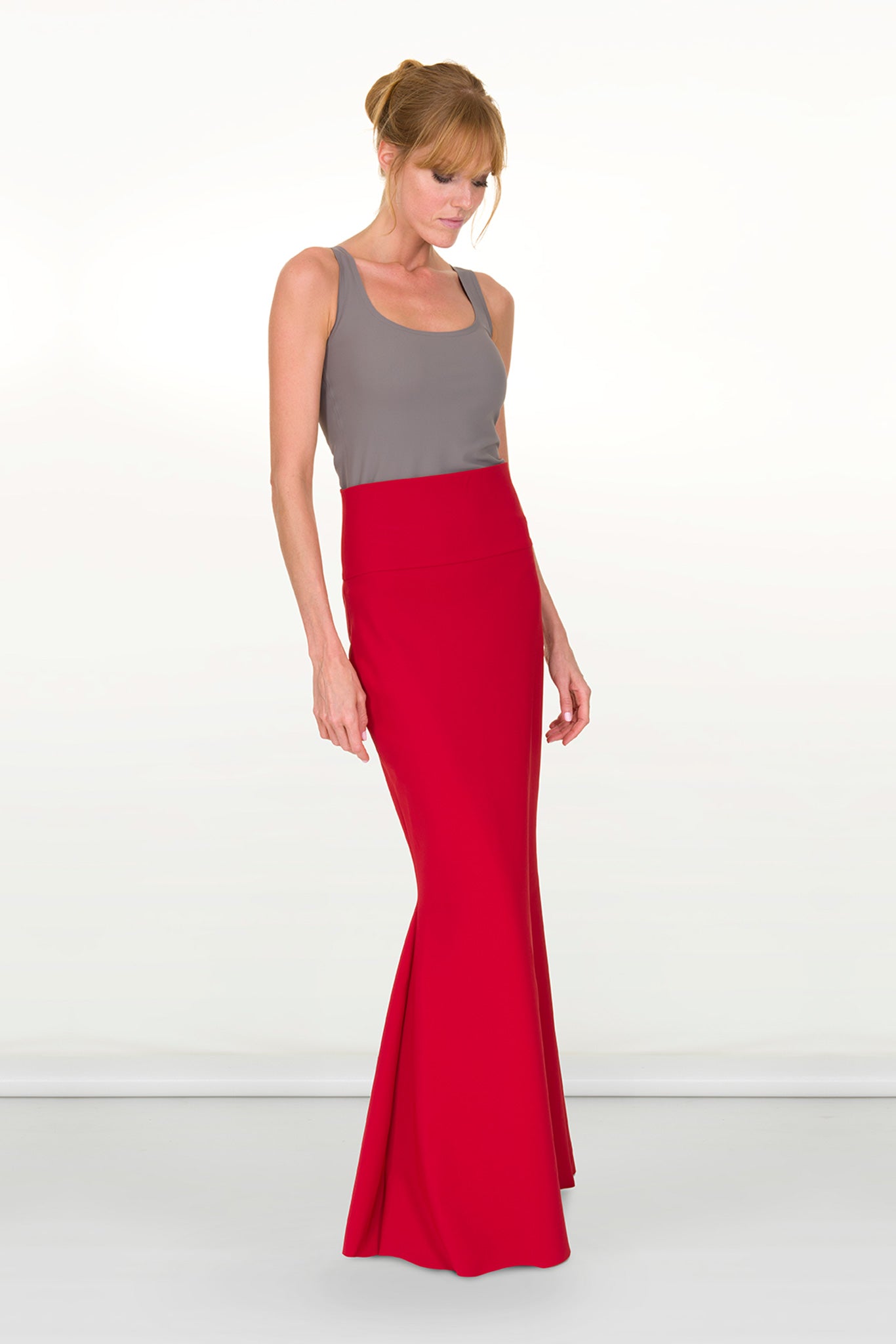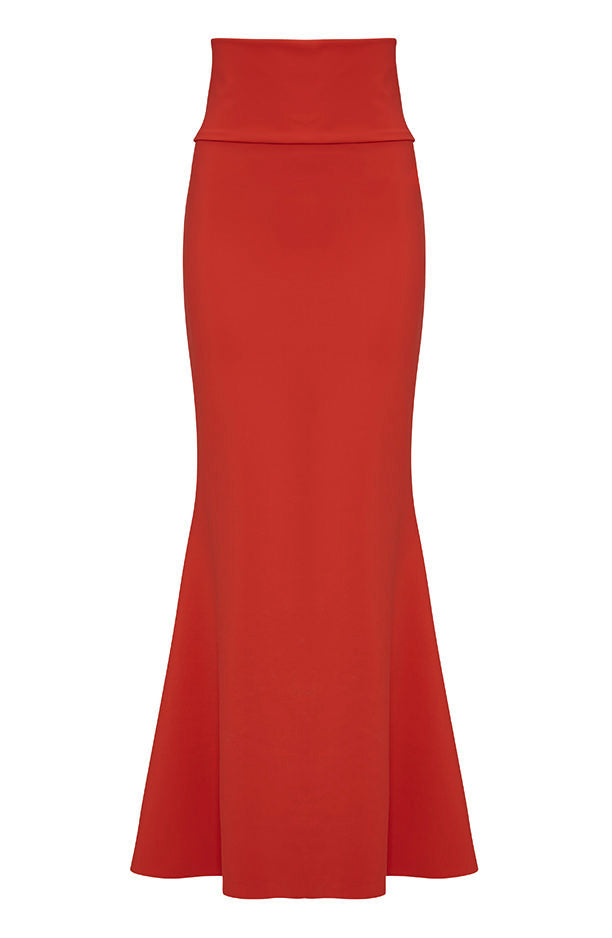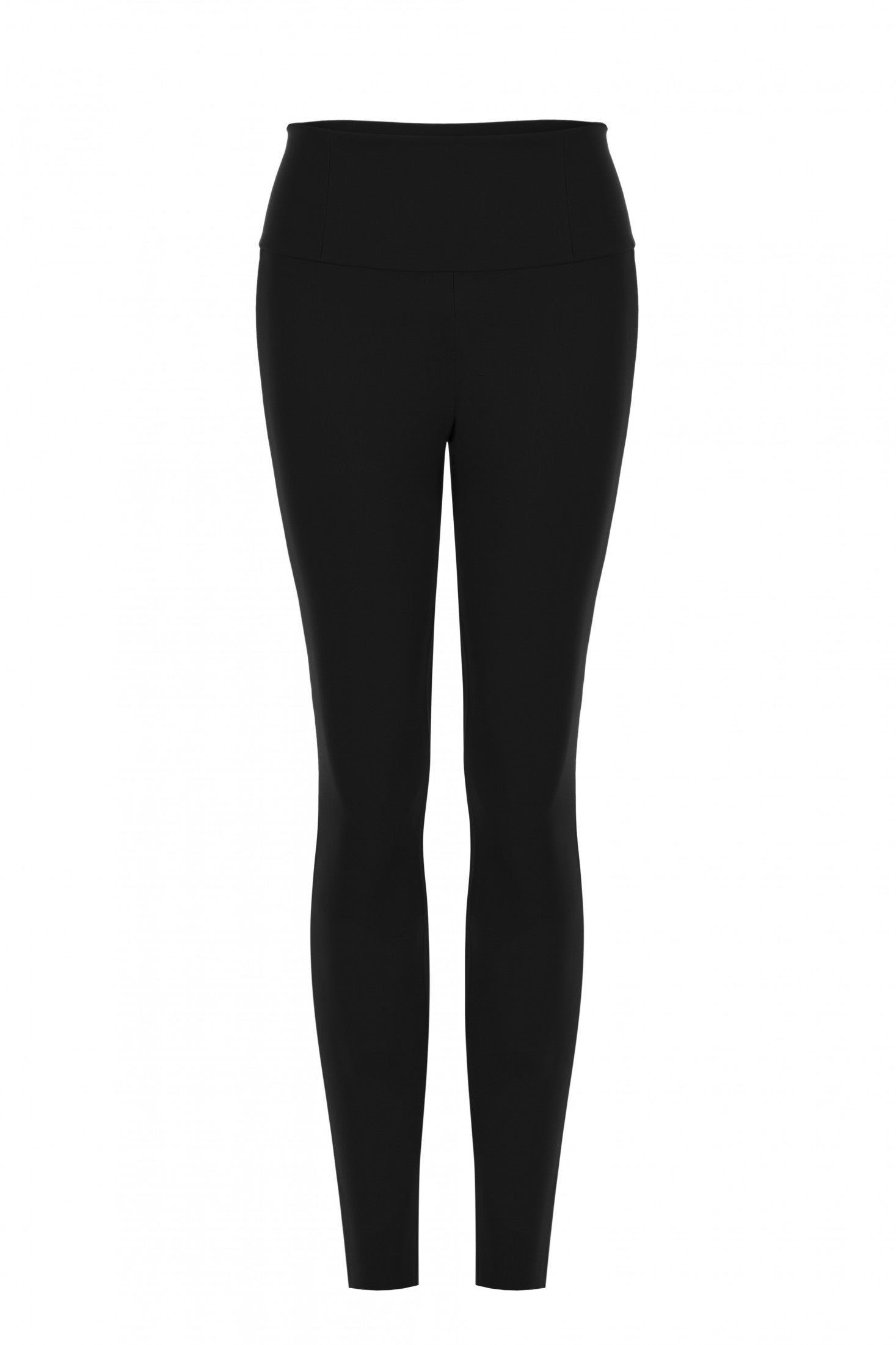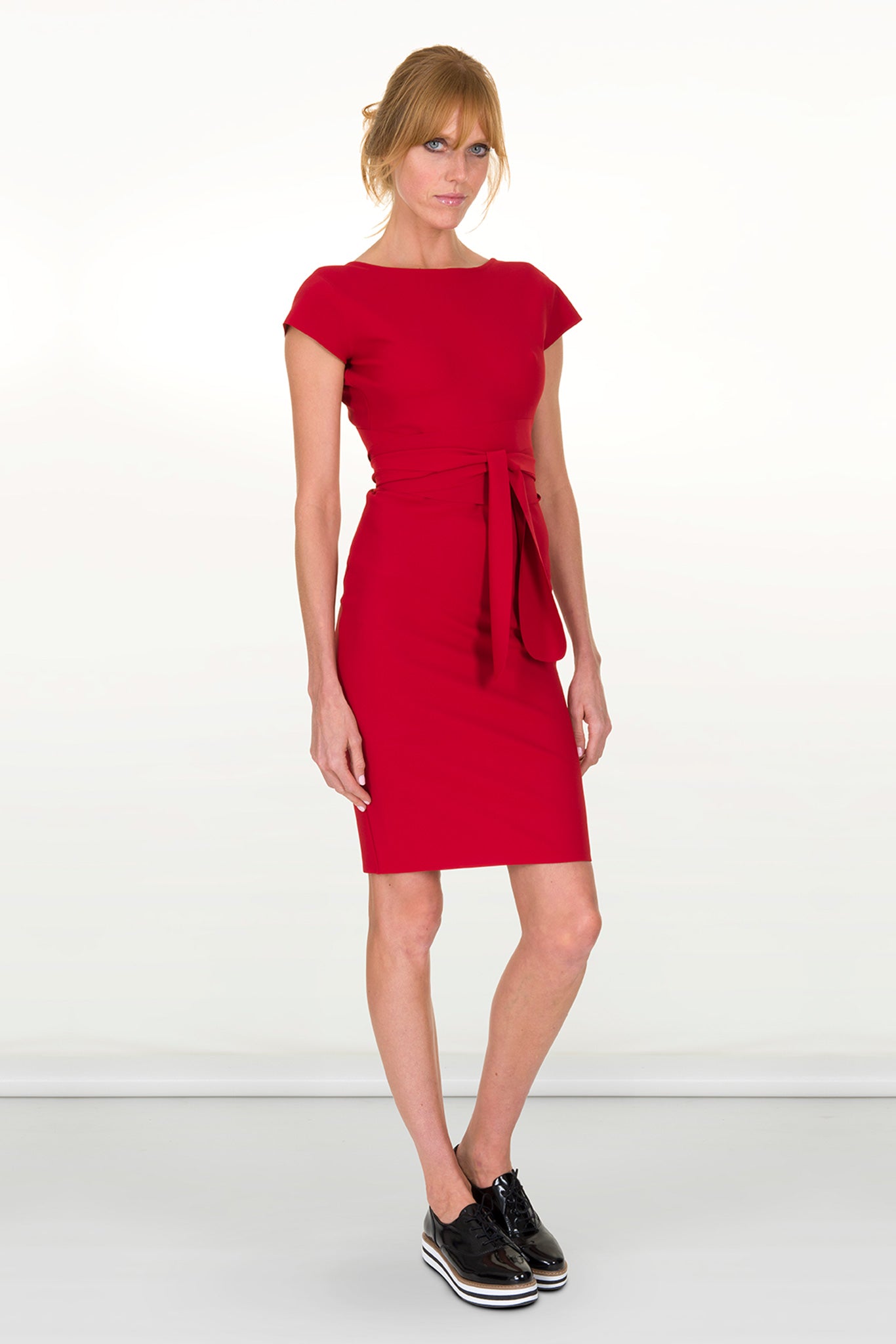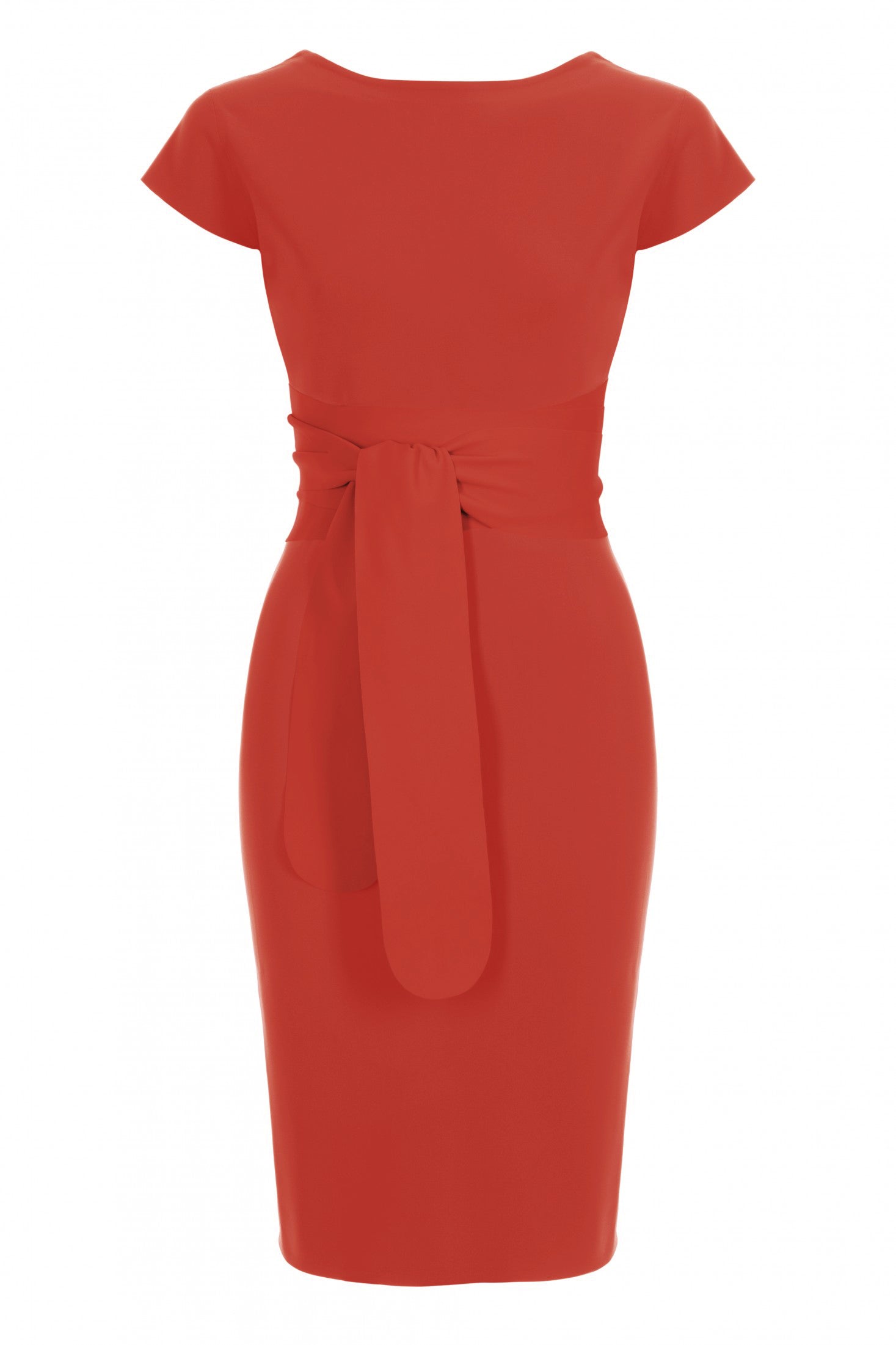
Why is ethical fashion the future?
Ethical, instead of fast
If people care so much about what they eat and where their foods are grown, why don’t they apply the same philosophy to fashion too?
It seems that very few people question how and where the clothes they wear are produced. Thanks to the rise of Fast Fashion, like H&M, Primark and Zara, consumers have more choices. They have helped consumers purchase ‘fashionable’ and ‘trendy’ clothing at surprisingly cheap prices. After they have had enough of wearing them, shoppers can simply give their worn-down clothes to charity shops before going on another shopping spree.
Good for everybody in this financially challenging time, right?
Not really.
Quality or quantity?
The devastating events like the collapse of Rana Plaza in Bangladesh have been eye-opening for many shoppers.
The more cheap clothes you buy, the more you dispose. Consumers are trapped in this vicious cycle that will actually make you spend more money than intended. It is merely wasteful.
Donating your worn-out clothes won’t benefit anyone either. Needless to mention the environmental effects caused by shipping, they also harm the economies of developing countries by dumping excessive amount of cheap clothes (find out more about the details on the economy of donated clothes at WhyDev).
The only winners are those fast fashion retailers.
The impact of low-cost, fast fashion
Environmental consequences
According to the Ethical Fashion Forum, ‘On average, UK consumers send 30kg of clothing and textiles per capita to landfill each year and that 1.2million tons of clothing went to landfill in 2005 in the UK alone.’
The fast fashion has introduced whole new cycles, beyond spring/summer, autumn/winter collections. Today the high street’s window displays change every couple of weeks. A piece of clothing bought in H&M is no longer up-to-date in less than 3 weeks, making shoppers feel the urge to buy new pieces.
Meanwhile, the avalanche of short-lived clothes produced in a short time period keeps being shipped from the Far East. Constantly.
Social consequences
To make fast fashion cycles, there need to be some sacrifices in the supply chain. A part of the fragment supply chain that often goes unnoticed. Often being subcontracted, small to medium factories hire local men and women to make clothes in a very short deadlines under harsh working conditions so that the end-consumers enjoy fresh collections every several weeks. Never mind the working conditions of those workers, let alone the quality of clothing.
But who are those who claim themselves being ‘ethical fashion’?
Transparency
Though businesses and companies can never be transparent enough, ethical fashion brands, in our eyes at least, are those who are aware of every part of their supply chain.
They know where their fabrics come from. They know how they are made. What technology is used. The particular machines and the processes involved. Last but not the least, they are cognisant of the people who were involved in the whole process and where it took place.
Minimal environmental effects
Whatever is created by humans, will always create some kind of impact on the environment. Whether it is deliberate or not, conscious of not.
But the clothes made with great care and special attention to processes are more likely to impact the environment less and to last longer. Buying quality clothes is a kind of a long term investment as it is less wasteful and can be enjoyed for a longer time than the garments with a short life cycle.
S-Dress is an entirely European product, all our collections are made in the EU, using Italian environmentally friendly fabric with full eco certification certifying that the fabric does not contain or release substances that are harmful to human health and represents a consumer protection standard in the textile and apparel sector.
It is a very stable fabric not producing linting and fraying and therefore it doesn’t release any particles into the water system, which is what most other fabrics do (including cotton) and end up in the fish stock digestive systems.
Since S-Dress is machine washable and no iron, no dry cleaning chemicals nor electricity for ironing need to be used to maintain our clothes.
We are committed to producing sustainable clothing that can be reused infinitely due to the durable nature of the fabric and timeless design.
Find out more about our products at http://sdress.com/.
(Cover image via Carol Von Canon)



